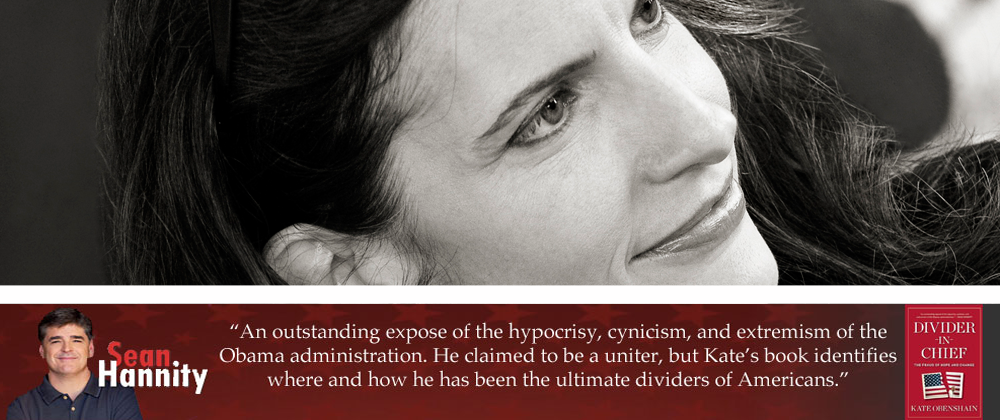Before the Supreme Court today, attorney Ted Olson argued that the people of California were motivated to pass a tradition marriage amendment by the sentiment, "wait a minute, we don't want those people to be able to get married."
Olson's point being, obviously: those who oppose gay marriage must have a problem with "those people." He did not say that opponents are good, decent people who have a philosophical difference of opinion about what marriage is and should be, but that they are haters--they disdain "those people."
This is the approach that is increasingly taken by those pushing a leftist agenda. Obama employs it on seemingly every issue from taxes to women to immigration to guns to marriage, and now the left in general does so as well: those who disagree with us are flawed, malicious, haters. Given a green light by their leader, those who ascribe to his philosophy now openly hurl invective at those who disagree. Demonize is the name of the game.
It's particularly disappointing to see Ted Olson get in on that game. He is not a part of the leftist monolith, and standing on ideas and rational argument has been his standard approach. Gay marriage is one of those issues, in an age of low-information voters, over which it is fairly easy to demonize traditional marriage proponents. Obama showed us how to do it with the HHS mandate over birth control: anyone who disagrees with him hates women, wants to drag them back in time and deny them basic health care. Appallingly, an argument that had no basis in fact, but was entirely on emotion and vilifying the other side, worked.
Now that Obama has unleashed the distinctly undemocratic beast of demonization (undemocratic in that the point is to stifle debate and ram through one's policy objective based on fear and hate), everyone wants to get in on the game. Hey, it works, so why not? I hope that was just a blip in Olson's argument, and not the entire premise. But the fact that he employed the "those people" strategy at all, is a bad sign. It's the Obama, "he's got a funny name. And did I mention he's black" approach. Those who differ aren't necessarily racist, sexist, homophobic or intolerant. Chances are, they just disagree with an idea or set of ideas and what they believe the consequences will be. It's high time we reject the animus-approach, and get back to the vigorous free and open exchange of ideas, and respect between those who disagree.


